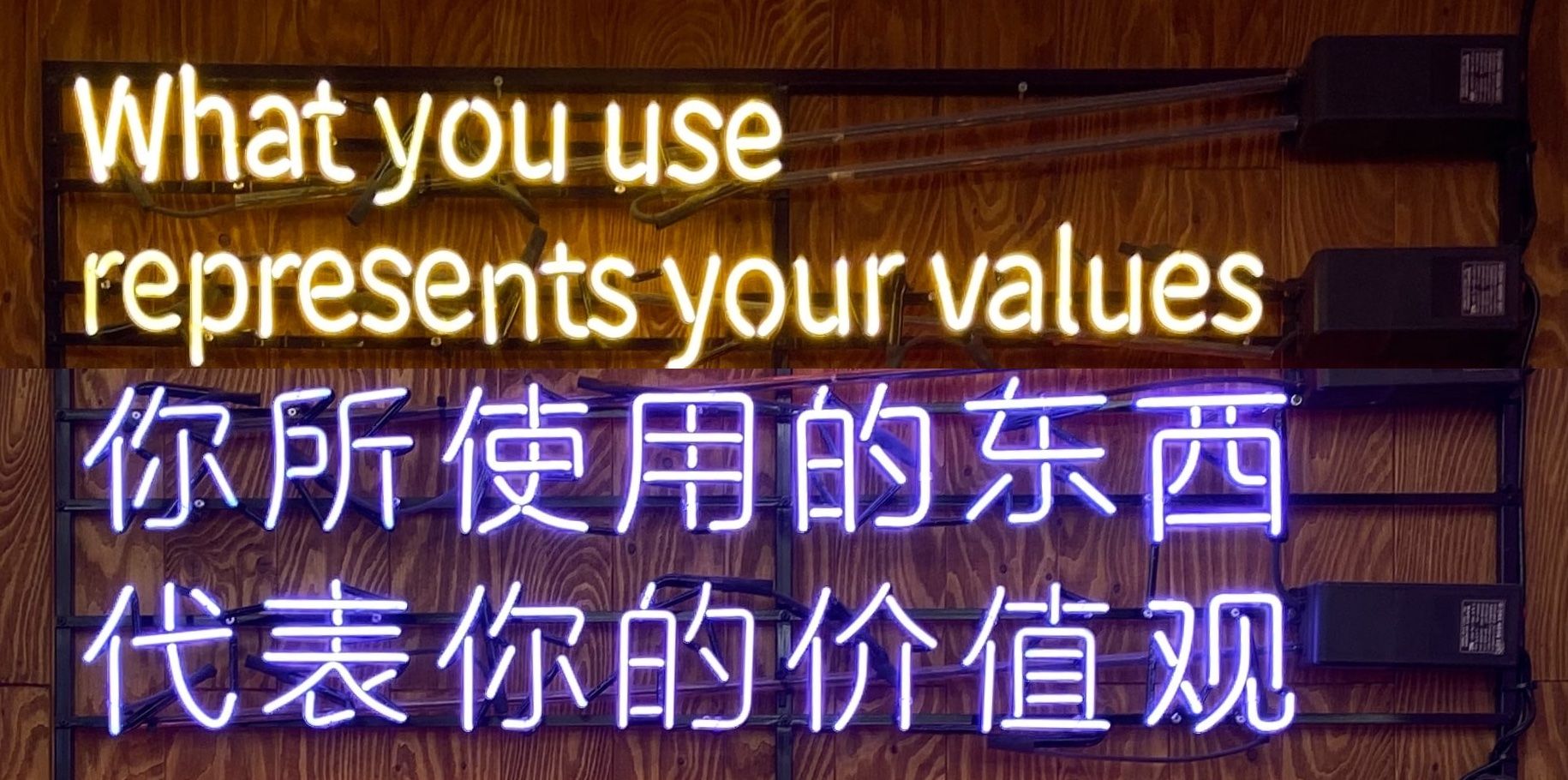
On BNS culture
How BNS culture differs from other decentralized naming projects.
BNS, is one of the oldest decentralized naming systems with names registered and in continuous use going back as far as 2014. It was originally built on top of Namecoin and migrated to Bitcoin in 2015 once the benefits of being built on the most secure blockchain became known. This implementation of naming on bitcoin became know as Stacks 1.0.
During this period, tens of thousands of individuals registered names in the .id namespace as a sort of an aspirational identity, owned not by a platform or a registrar, but cryptographically by the individual. By posting verified pointers in their public social media accounts, owners of these identities could provide evidence that separate accounts were owned by the same person. Not only did this allow trust and reputation generated on one platform to flow to a linked and verified account on a previously disparate account, it also provided a basic form of proof of humanity.
As work went in to launching Stacks 2.0 to bring smart contracts to Bitcoin, resources were diverted from work on the original naming system in support of a much broader ecosystem.
During this period of time, popularity in blockchain-based naming systems has skyrocketed with a number of systems built on other chains building significant communities while generating various degrees of traction. These other systems, while taking different approaches in their technical, economic and political strategies than our project, have studied and learned from our years of product experience.
A year after the launch of Stacks 2.0, it is time for us to do the same and learn from our colleagues as we work to continue to build the naming system that will power our bitcoin future. We should adapt ideas that help us further our goals while staying true to and not compromising on what makes us unique and different. But what makes BNS different? Let’s take a look...
Since our move from Namecoin, BNS has always been built on ultimately rooted in Bitcoin. In his whitepaper, Satoshi wrote:
Commerce on the Internet has come to rely almost exclusively on financial institutions serving as trusted third parties to process electronic payments. While the system works well enough for most transactions, it still suffers from the inherent weaknesses of the trust based model. Completely non-reversible transactions are not really possible, since financial institutions cannot avoid mediating disputes.
Likewise, the Internet has come to rely exclusively on domain registrars, ICANN, certificate and numbering authorities serving as trusted third parties to conduct commerce and exchange ideas. While this system works well-enough for views deemed mainstream, it suffers from the inherent weaknesses of the trust base model.
These weaknesses are seen across our digital world. Large scale, censorship resistant publication is not possible and publication outside of corporate-owned fiefdoms where your digital life is one bit away from arbitrary cancelation is out of reach for all but those with significant technical and financial abilities. Our ability to independently verify that individuals, businesses and services we connect with are who we think they are and communicate securely with them, is moderated by a list of trusted organizations most of us have either never heard of or wouldn’t even trust with a satoshi.
Not only is BNS built on Bitcoin, but we share a similar culture. Our threat model and goals for BNS are similar to Bitcoin. Just as Bitcoin is money for enemies and money for black markets, BNS is a naming system that will enable commerce and exchange of ideas even between our sworn enemies.
In a future post, I will examine some ideas that I think we should borrow from other projects, but, before that, it is important to identify what we will not borrow and the principles we stand for.
We do not ask for permission
Much as Bitcoin created a new monetary system, we build a new internet. Satoshi did not ask for permission from central banks and we do not ask permission from existing internet monopolists. This position stands in stark contrast to naming systems that seek to play nice and convince ICANN to give them a top-level domain or that position themselves as selling ICANN top level domains in the hope that ICANN will one day agree to recognize them.
A decentralized naming system that depends on the centralized incumbent for adoption is not very decentralized and would only deliver marginal value over existing DNS. Organic growth is the only path to true decentralization.
We are anti-cancellation
Unlike another well-known naming project, which canceled a leading contributor due to holding mainstream Catholic personal views that offended the sensibilities of a loud minority, we believe in working with anyone that shares our vision irrespective of their personal beliefs or actions that do not directly impact the project. We cannot build a censorship resistant, naming system for enemies if we exclude ourselves from working with those others want censored.
We believe Bitcoin is the future of money
We believe in a future where Bitcoin is the preeminent money and Stacks is merely fuel to enable smart contracts on bitcoin. We will aim make it possible for users to use key BNS functionality without having to purchase or hold Stacks.
What principles do you think are important? Did I miss anything? Tweet at me and let me know!

